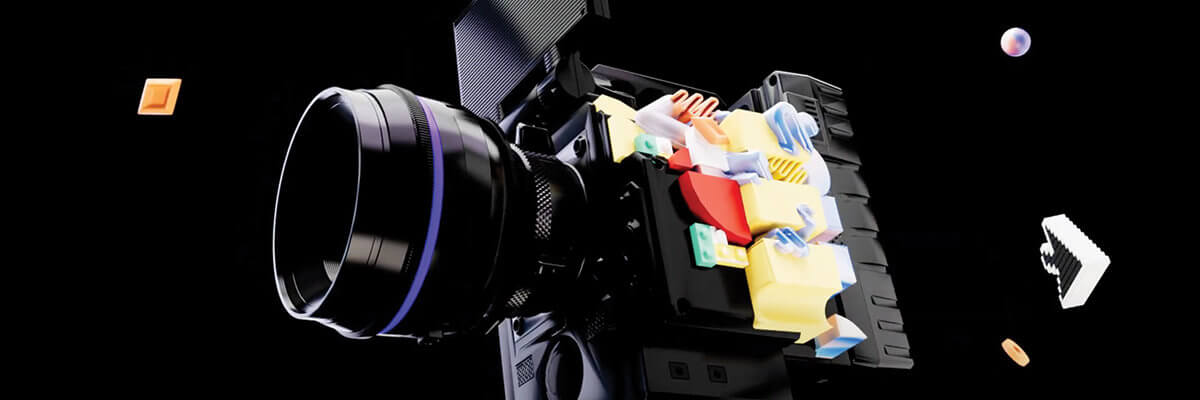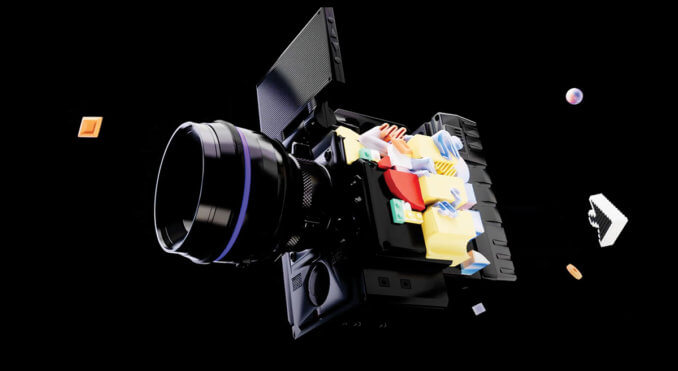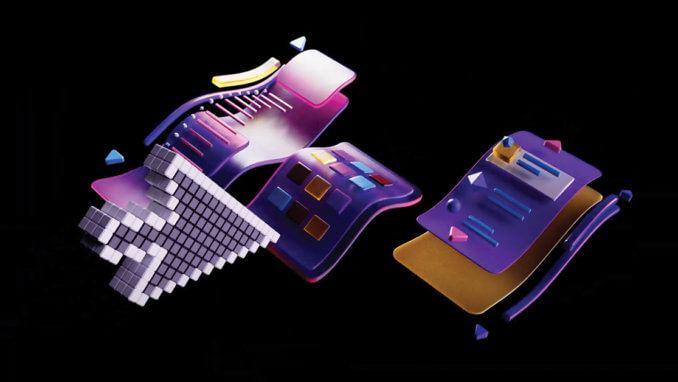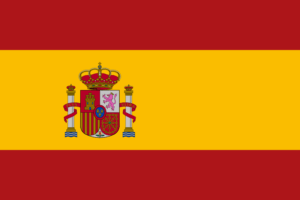Plan Your Arrival
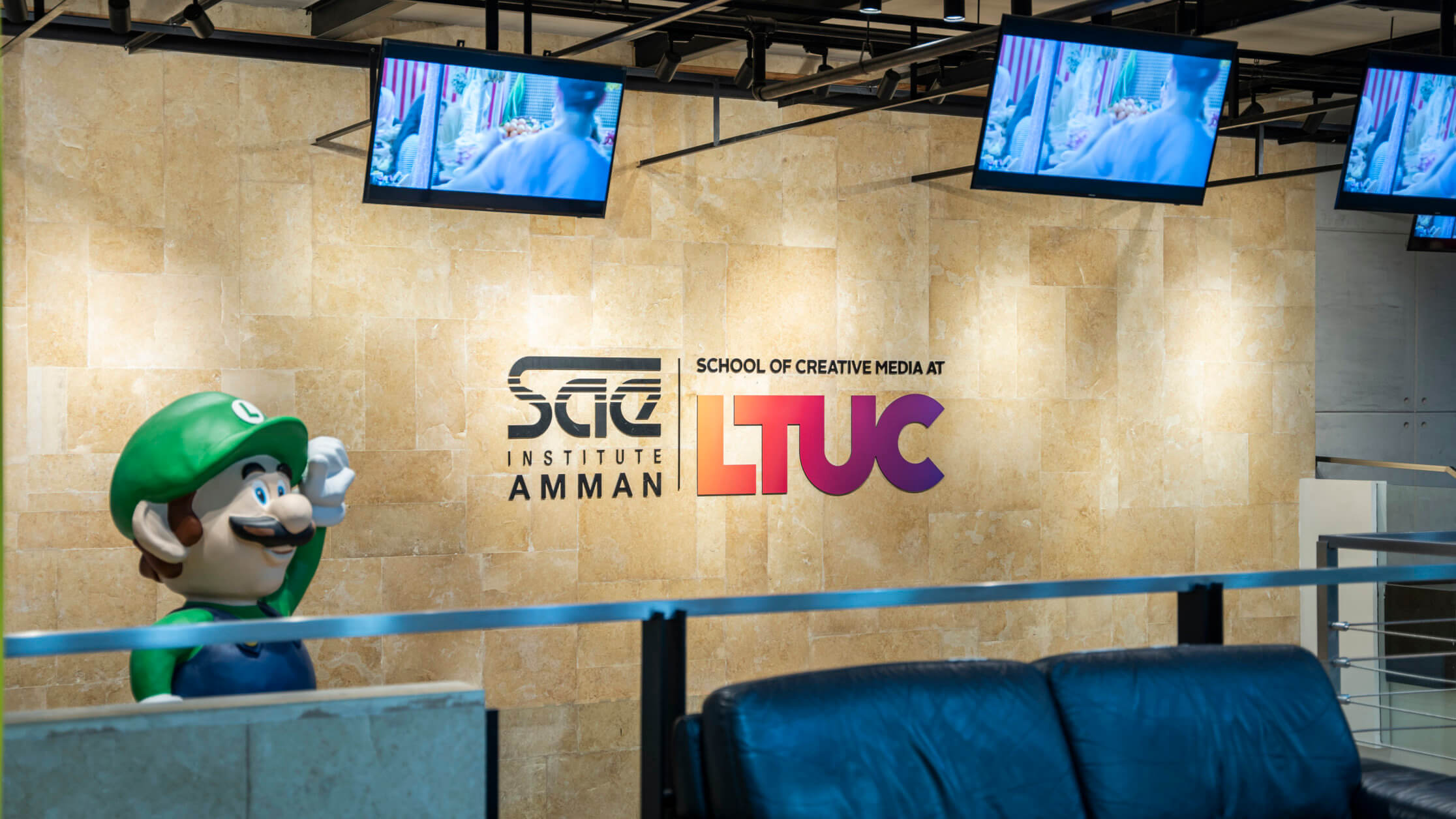
Arriving in Amman
We recommend international students arrive in Jordan at least four weeks before the course starting date. They can settle down in their accommodation, become familiar with the city, complete the equivalency of their certificate from the Jordanian Ministry of Education, and prepare for orientation and study.
We recommend that you book your accommodation before you arrive in Jordan, even if it is just for the first few days until you find a permanent place.
Every-day transportation: When living in Amman, your daily first transportation option is the standard yellow taxi which can be requested from the street side (has to be paid in cash).
Alternatively, Uber and Careem apps are popular and are used widely across the city (can be paid through card or cash). If you prefer using a card, make sure your App is linked directly to your Jordanian bank account, as extra fees might apply if you use a card from your home country.
To and from Campus: You can register for SAE buses that transport students to and from campus. The bus routes and timetables can be emailed to you when requested. (Check with your Course Advisor how much it costs and the registration method)
To and from Airport: Whether it’s the airport transfer service, yellow taxi, or an Uber/Careem it usually costs around 20-25 JOD for one-way.
WHAT DO I NEED TO BRING FOR MY COURSE?
Yes, you are required to have your laptop (with certain specifications) and should already have one when you start your course. If you already own one and can bring it to Jordan with you, that is probably the best option. The laptop specs can be emailed to you when requested.
We do not recommend purchasing any software before arrival as you may not need it. Once the course starts, your instructors will email you what software you will need based on your study.
Most of the software you will use in your course can be installed on either an Apple Mac or a Windows operating system. SAE does not favor any particular operating system and encourages students to choose their preferred one.
You do not need anything else to start your course except for:
Students taking audio subjects are advised to purchase good quality studio headphones (over-ear). We don’t insist on a particular brand, but our instructors are happy to give you some advice when you arrive. General advice is to get the best quality that you can reasonably afford on your budget.
Discounts for SAE Student Cardholders are available at some stores. You will receive your Student ID and discount details at the orientation day.
HOW CAN I ACCESS MY MONEY IN JORDAN?
You can withdraw your money using your electronic banking card at automatic teller machines (ATMs) which can be found all over Jordan (there are ATMs at the airport too).
Most ATMs recognise international cards, so you will be able to use your credit or debit card from your home country. Your bank will charge extra fees to withdraw money from your home account – make sure you check with your home financial provider before you arrive in Jordan.
In Amman, most everyday transactions, including shopping and food, are completed electronically. While some small shops still take cash only, this is becoming rare, particularly in the cities. You will not need to carry large amounts of cash for your daily expenses.
You can exchange currency at the airport or in the city. The currency of Jordan is the Jordanian Dinar (JOD). There are 100 Qirsh (also called piastres) in one Dinar (1 JOD).
Jordanian Dinar notes come in denominations of 1 dinar, 5 dinars, 10 dinars, 20 dinars, and 50 dinars. Coins are issued in denominations of 5 piastres, 10 piastres, 1⁄4 dinar, and 1⁄2 dinar.
You can set up a Jordanian bank account after your student visa is issued. To do this, you will need to have a Confirmation of Enrolment from SAE, your passport, and other forms of identification.
SAE student services will give you more information about opening a bank account when you attend orientation.
MOBILE PHONES AND INTERNET
It is best to purchase a SIM card or Jordanian mobile number after you arrive in Jordan because using your home phone number will incur high costs. You can get mobile Internet, SMS, and local/international calls with most mobile phone accounts, and coverage in Jordanian cities is generally good. There are two types of mobile phone accounts you can choose from:
Prepaid:
Pre-paid mobile phone cards are a good idea if you are worried about getting high mobile phone bills. You can choose the amount you want to spend each month and track how much credit you have remaining, with the option to top up your account if you need more. Prepaid SIM cards and mobile phones are sold in all malls and at the airport too.
Contract:
If you will be using your mobile a lot and will be in Jordan for a fixed period of time for study, a contract might work out best for you. There are numerous mobile phone operators in Jordan, and you can choose from a range of phone plans where you can get the handset with little (if any) up-front cost; you then pay a fixed price per month for a certain amount of calls, text messages, and data.
To call Jordan from overseas, dial (+962) followed by the telephone number.
Planning Your Departure
Before arriving in Jordan, please make sure your passport is valid for at least six months. It is also a good idea to make copies of your passport in case you lose it.
You might need your electronic Confirmation of Enrolment (eCoE), which you will have received from your institution.
Make sure you are aware of the date and time of your flight. Keep your flight details in a safe and secure place with your passport and enrolment documents.
You may want to have a list of emergency contact details for your family, embassy, accommodation, and institution details. Keep your Course Advisor’s contact details on you if you need to contact them once you arrive in Jordan.
There are money exchange places available at the Jordanian airport and in cities, but we recommend having some Jordanian currency on you prior to leaving your home country.
Whether you are taking an airport transfer service, a taxi, or Uber/Careem, it is important that you have all the details about the arrival time, the route, and your institution’s contact details. If you need a map to assist you in getting to your accommodation from the airport, they will be available at the airport, or you can print one prior to leaving.
Make sure you have the address of where you will be staying, their phone number, and payment confirmation (if you have already paid for your accommodation).




